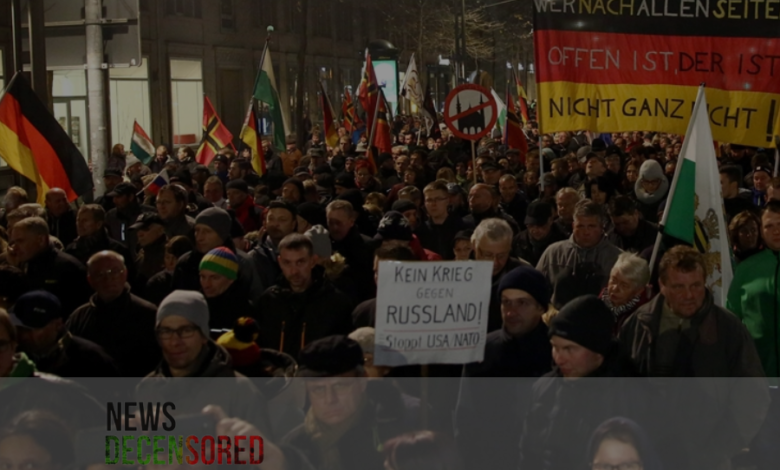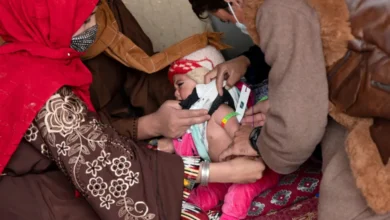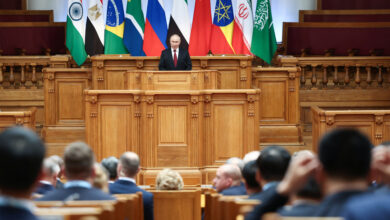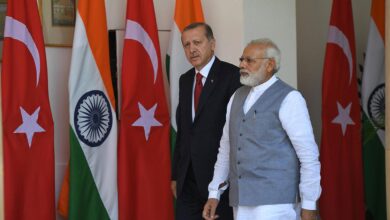Germany’s Shortcomings in Addressing Anti-Muslim Racism, Human Rights Watch Warns

LONDON: A leading international organisation, Human Rights Watch (HRW), has warned that Germany is not doing enough to shield Muslims from creeping racism mainly because it does not fully appreciate the problem.
He pointed out on Tuesday reminded the organisation that Germany has not established a working definition of Muslim racism that is proper and seldom reports race-hate data correctly.
Almaz Teffera, an HRW researcher on racism within Europe, stated: “It seems that Muslims in Germany do not understand that they face racism and not faith-based hostility alone. ” HRW stressed that to counter hate and discrimination productively; the German authorities need a better comprehension of anti-Muslim bias together with comprehensive data on the occurrence of these incidents and appropriate interaction with the communities affected by racism.
According to Rough, in 2022, Germany reported 610” anti-Islamic” crimes. However, by September 2023, this figure had surmounted 600 to stand at 686. Owing to this, there are some fears that this number may have risen further during the conflict in Gaza in October of the previous year.
In responding to Germany’s Interior Ministry inquiry made on September 27, 2022, HRW was told that due to the new methodology in recording such incidences, the ministry had no data on anti-Muslim crimes from October 2023 to the end of the year. Nevertheless, civil society organisations in Germany observed more cases of reporting. Therefore, Germany’s federal commissioner for anti-racism, Reem Alabali-Radovan, became part of the EU-wide concern over the increase in hate crimes.
The organisations of civil society in Germany, which came together under the banner of Alliance Against Islamophobia and Anti-Muslim Hate, reported “three incidents of prejudice targeting Muslims a day” in November. The network’s chief, Rima Hanano, labelled 2023 as a ‘frighteningly new high’ for anti-Muslim incidents.
However, the network gathers its data on hate incidents independently, which HRW blamed the German government for not having in place: a proper structure for the monitoring and documentation of hate incidents on the national level. As the HRW stated, since 2017, the government has refined the categorisation of the hate incidents against Muslims as ‘anti-Islamic’, which erases the ethnic identities of victims.
Of course, a government-commissioned study last year advised authorities to stop branding anti-Muslim hate as racism while recognising a link. However, the Interior Ministry has not reacted to the study’s outcome. Thus, HRW emphasised that if the fight against anti-Muslim hate and discrimination does not include the comprehension of racism or recognise the intersectionality of such bigotry, the approaches cannot give the whole picture or serve as a basis for policy-making.
Teffera pointed out that Muslims in Germany come from various phenotypes, which means that they are not a homogenised body of religious people. Instead, she encouraged those in German society to ensure that the Muslims and all the other minority groups in Germany are protected since this would be an investment in the protection of German culture.
Thus, HRW’s message corresponds to the growing sentiment that underlines the necessity for Germany to develop a more adequate coping strategy to deal with both racism as a phenomenon united with anti-Muslim sentiment, as well as racism as religious-based hostility directed at Muslims and followers of Islam. Risking denying such features means that a future increase in hate crimes is suitable to compromise social-cultural tolerance in the German population.




